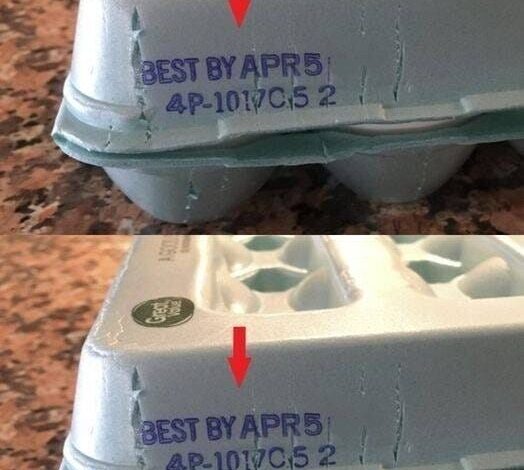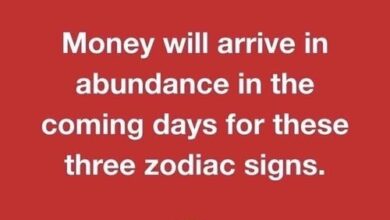🥚 Cracking the Code: Why You Should Start Noticing the Date on Your Egg Carton
🥚 Cracking the Code: Why You Should Start Noticing the Date on Your Egg Carton

For many—this writer included—there’s a quiet joy in cracking an egg. Whether you’re whipping up a fluffy omelet, baking a rich cake, or tossing together some quick fried rice, eggs are a reliable staple in the kitchen thanks to their versatility and flavor.
While most people grab their eggs from supermarket shelves, some opt for the charm of farm-fresh eggs from local markets. These colorful, varied eggs often come with a story—you meet the farmers, see where your food comes from, and feel more connected to your meal.
But no matter where you buy them, there’s one small detail that holds big value: the date code on the carton.
Why That Tiny Number Matters
Ever notice a three-digit number printed on your egg carton? That’s the Julian date—a system that tells you the exact day of the year the eggs were packed (e.g., “001” for January 1st, “365” for December 31st). It’s the freshest clue you’ve probably been ignoring. Understanding this number helps you pick the freshest eggs, avoid waste, and improve your meals.
Beyond the Date: Labels with Meaning
Modern consumers are increasingly aware of what goes into their food, and egg cartons are packed with hints. Labels like:
-
Cage-free – Hens aren’t kept in cages but may still be confined indoors.
-
Free-range – Hens have some access to the outdoors.
-
Pasture-raised – Typically the most spacious and natural setting for hens.
These terms reflect not just animal welfare but farming ethics—and they can help align your purchases with your personal values.
What “Grade AA” Really Means
It’s easy to assume “Grade AA” eggs are healthier, but that’s not quite true. These grades refer to appearance—like shell integrity and yolk firmness—not nutrition. Even Grade B eggs offer the same nutrients, often at a lower price.
A Simple Egg, A Mindful Choice
By paying attention to packaging details—especially the date—you turn everyday cooking into a more thoughtful experience. That small, oval-shaped ingredient becomes more than just a recipe item; it becomes a reflection of your choices, your values, and your awareness.
So next time you reach for a carton, pause. Check the date. Consider the label. You might just find that even a humble egg has a story worth cracking open.



